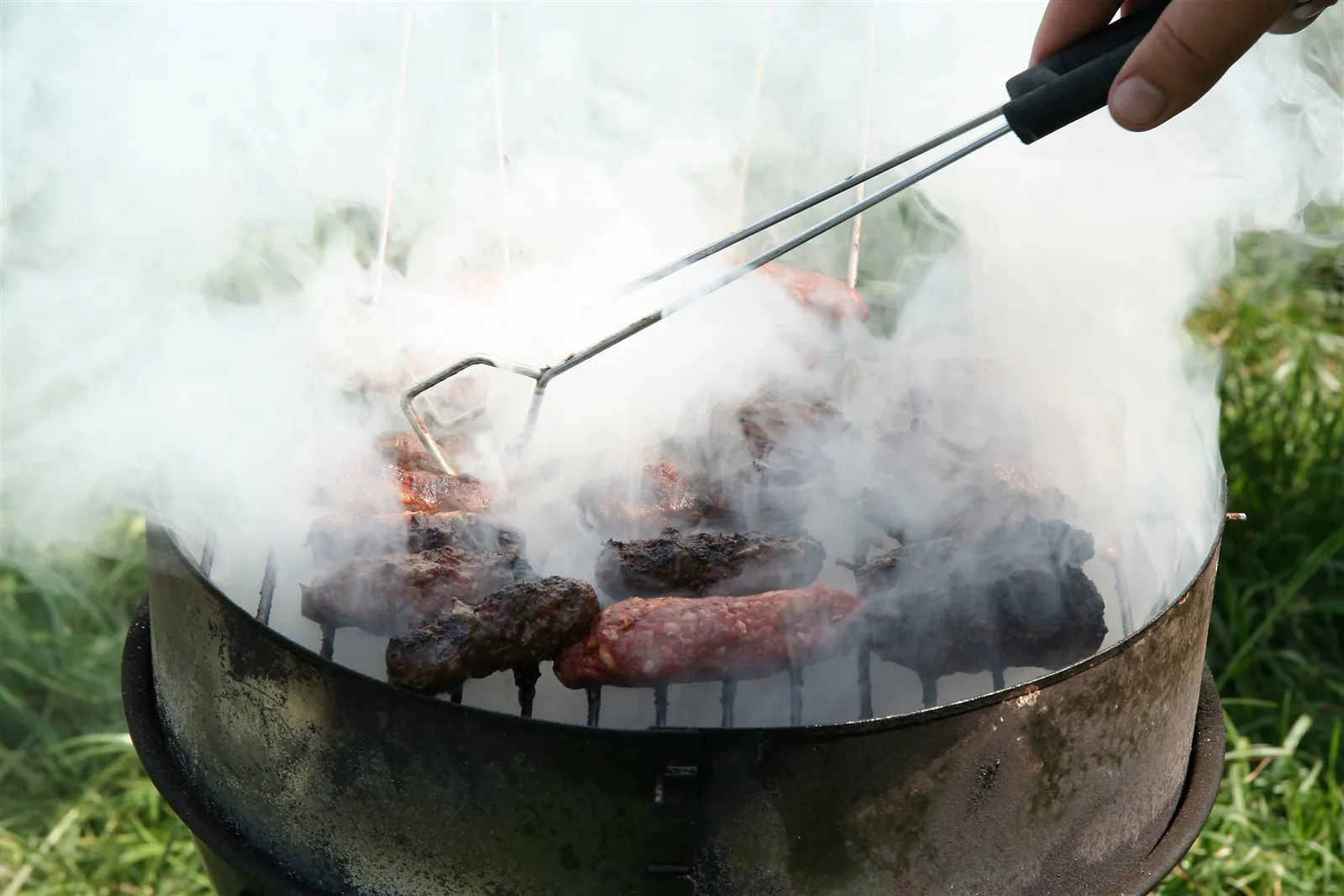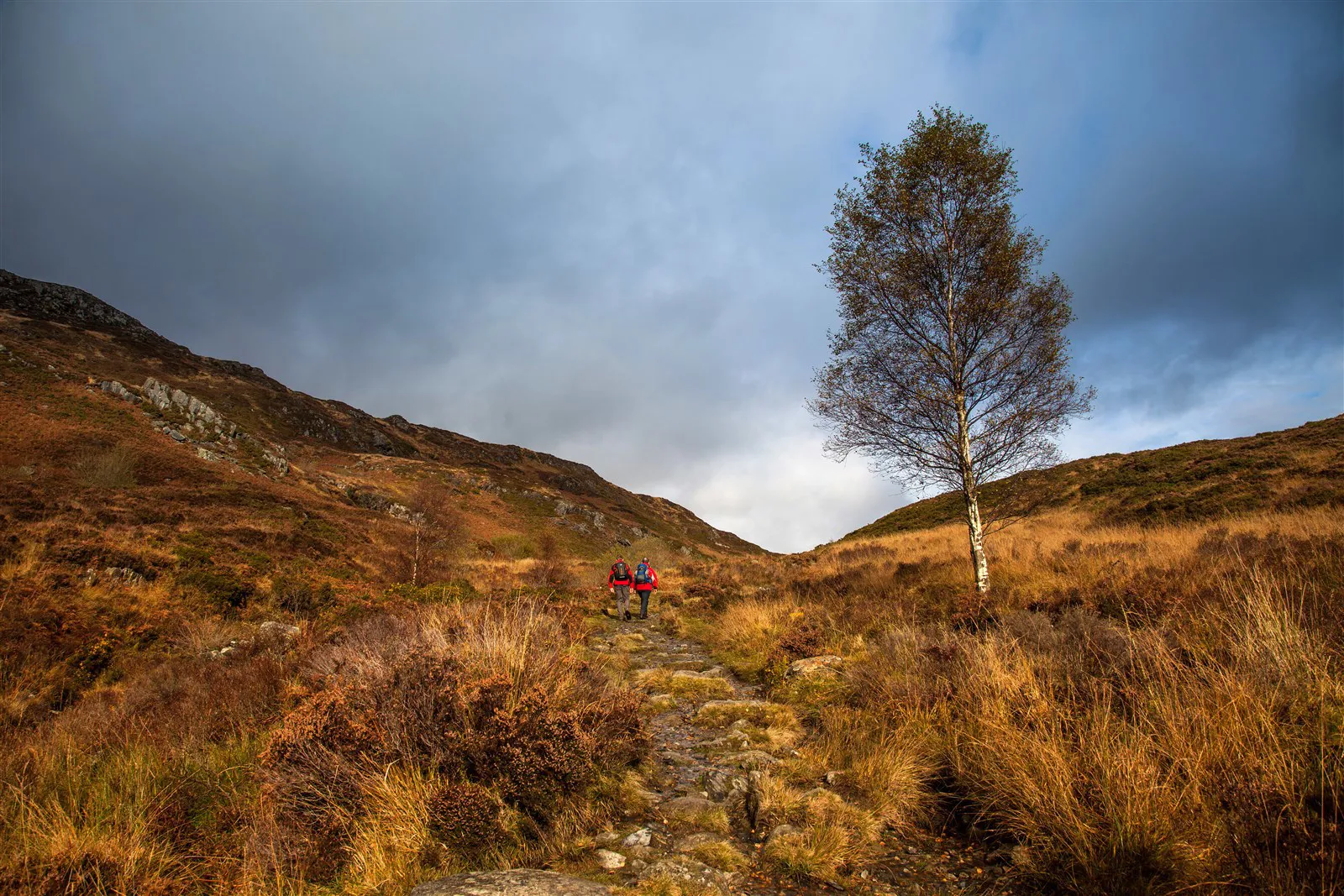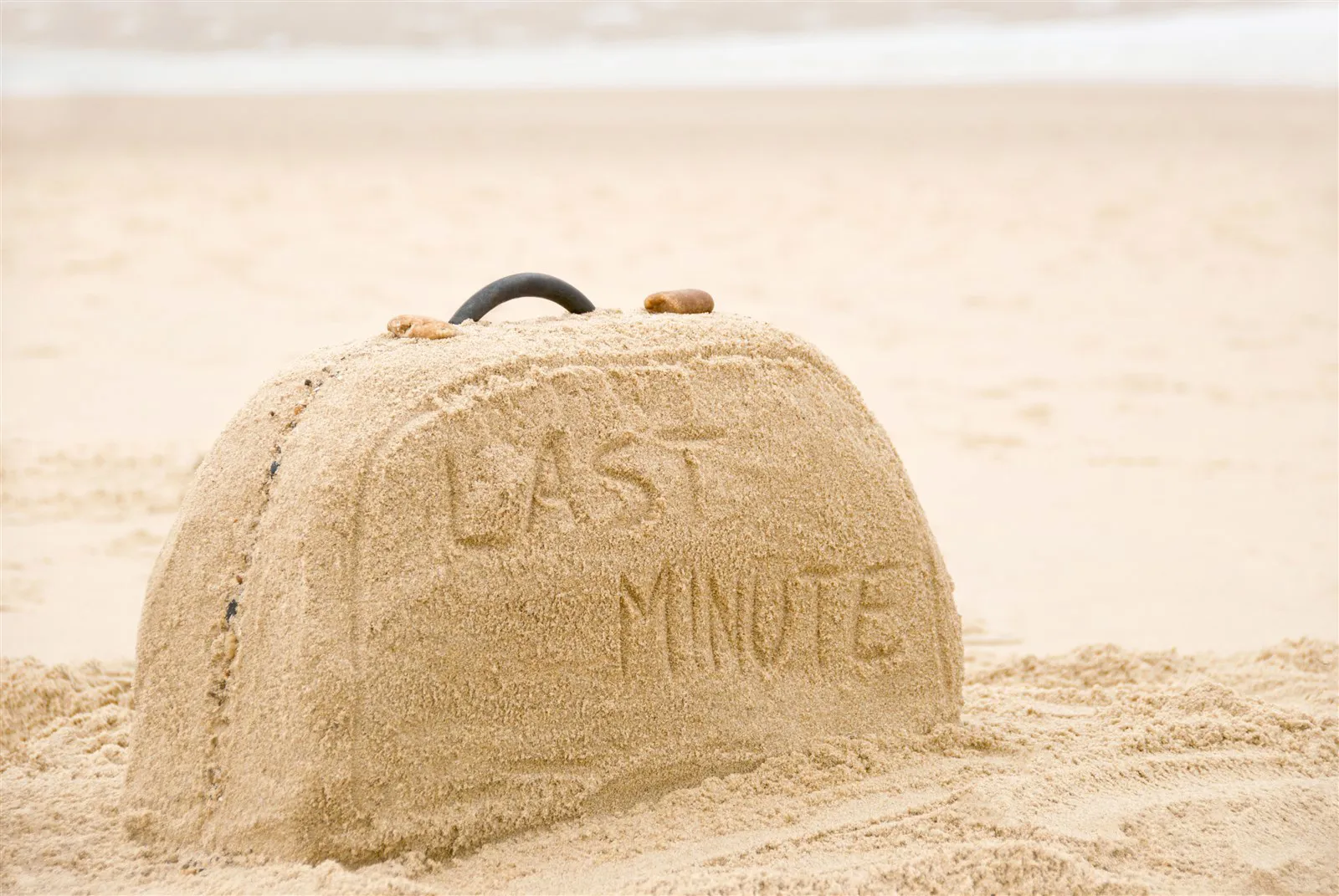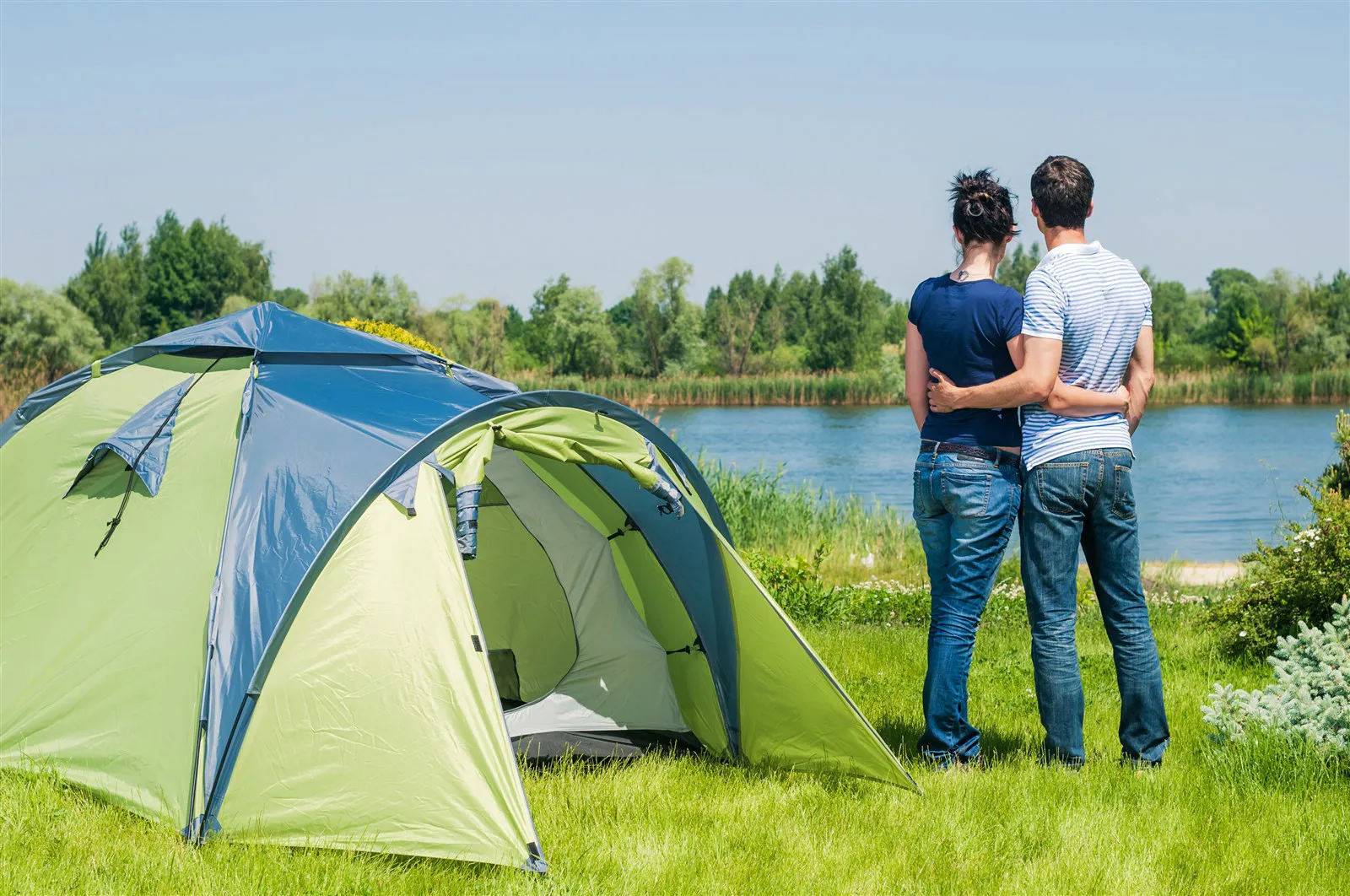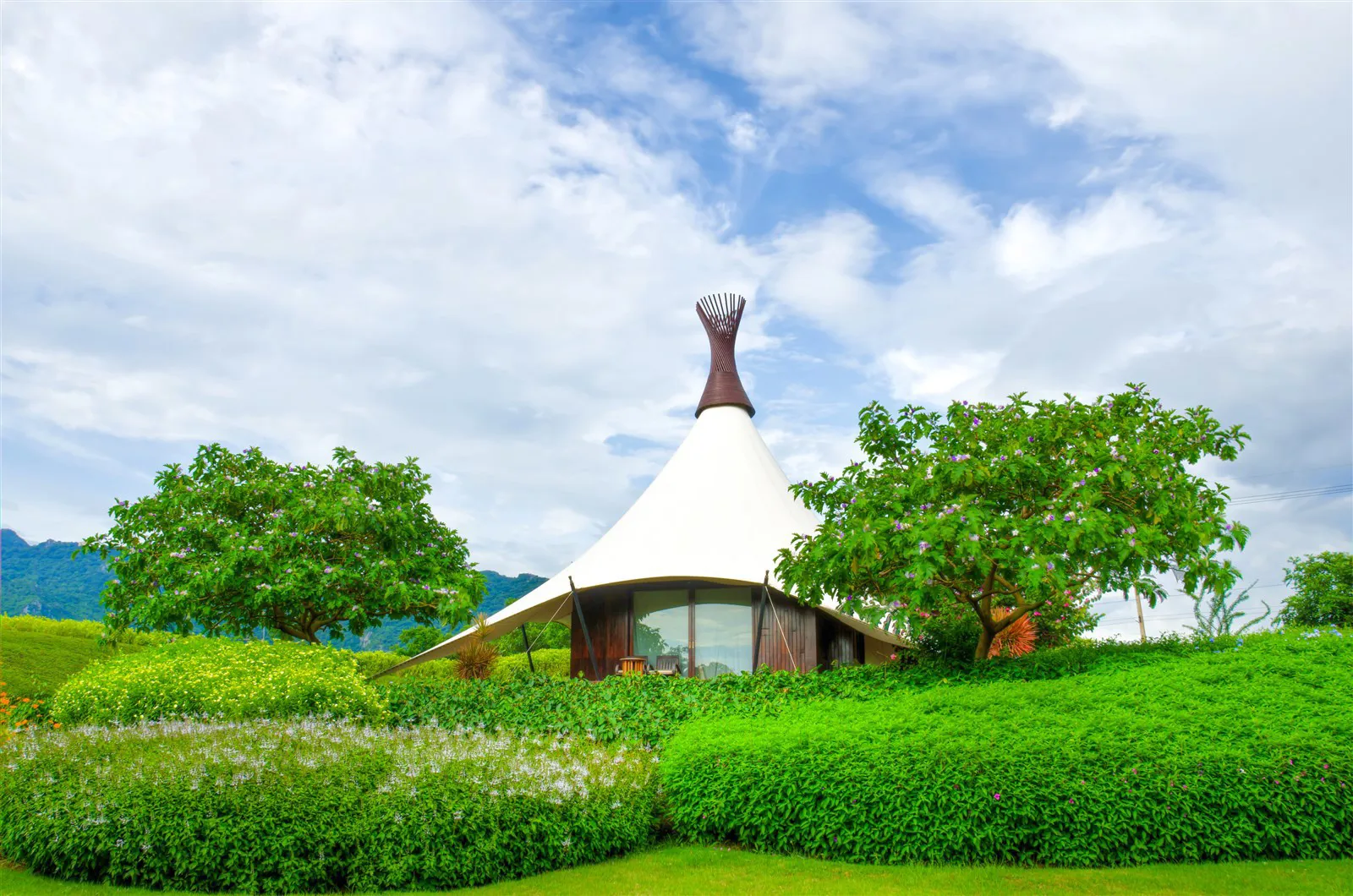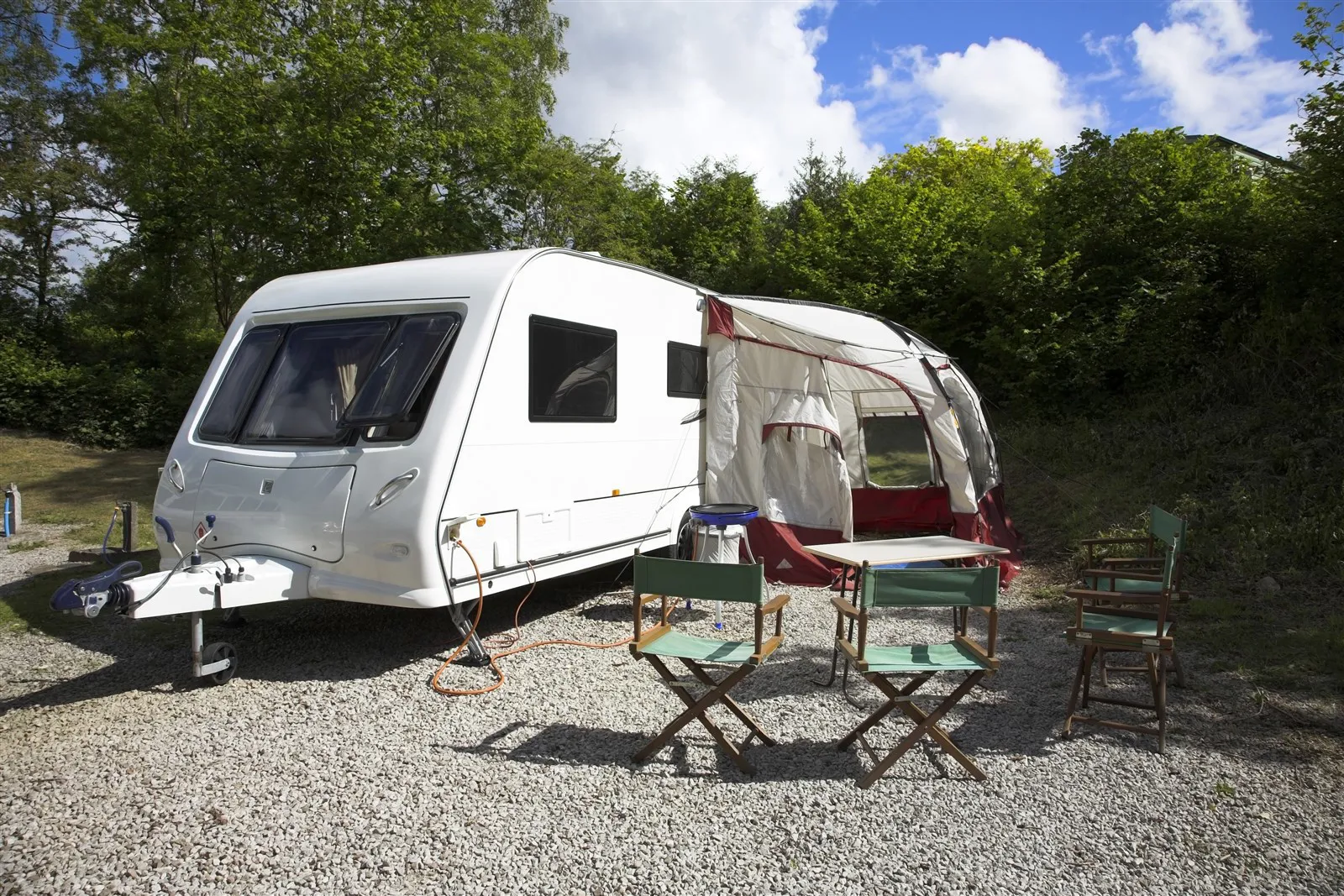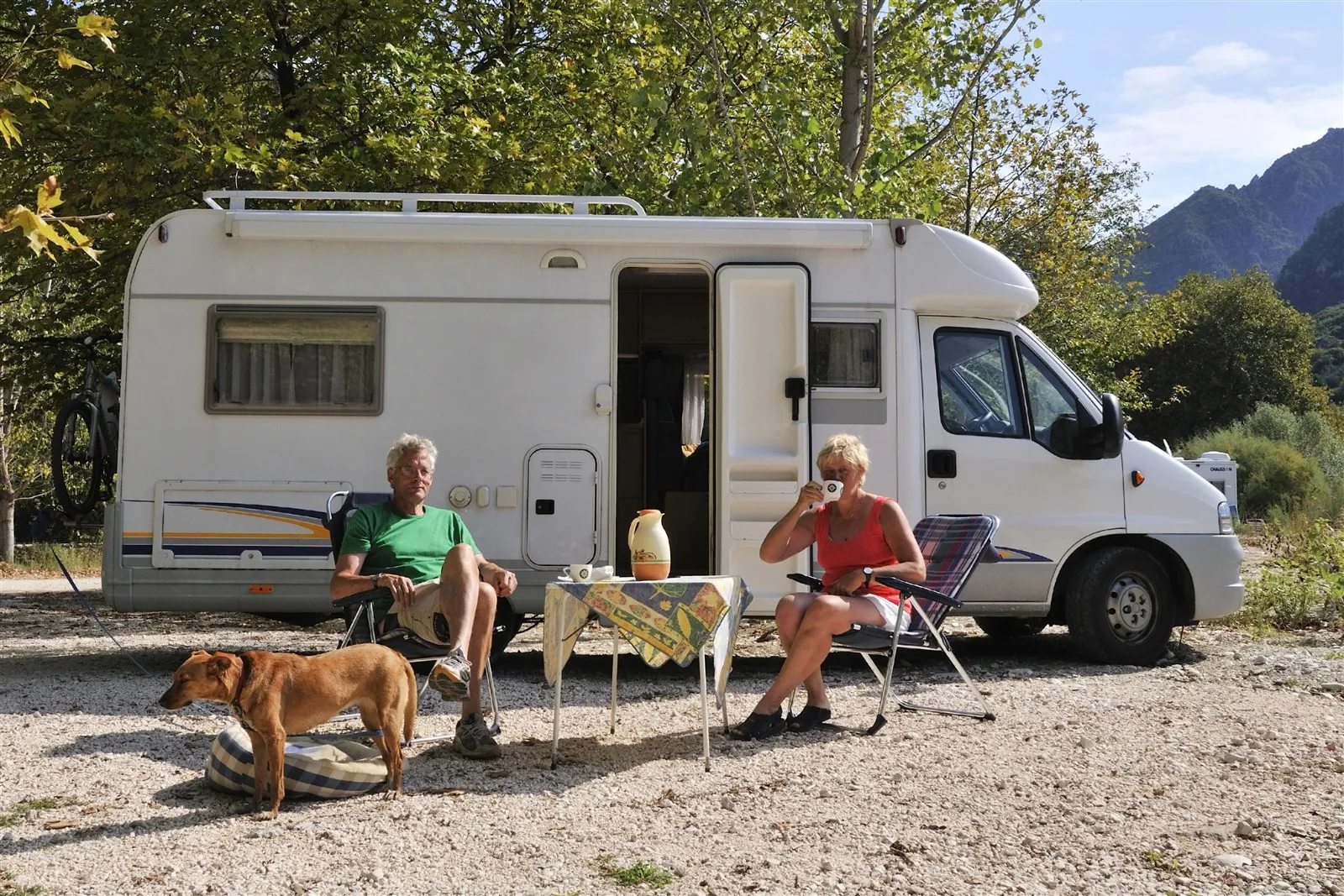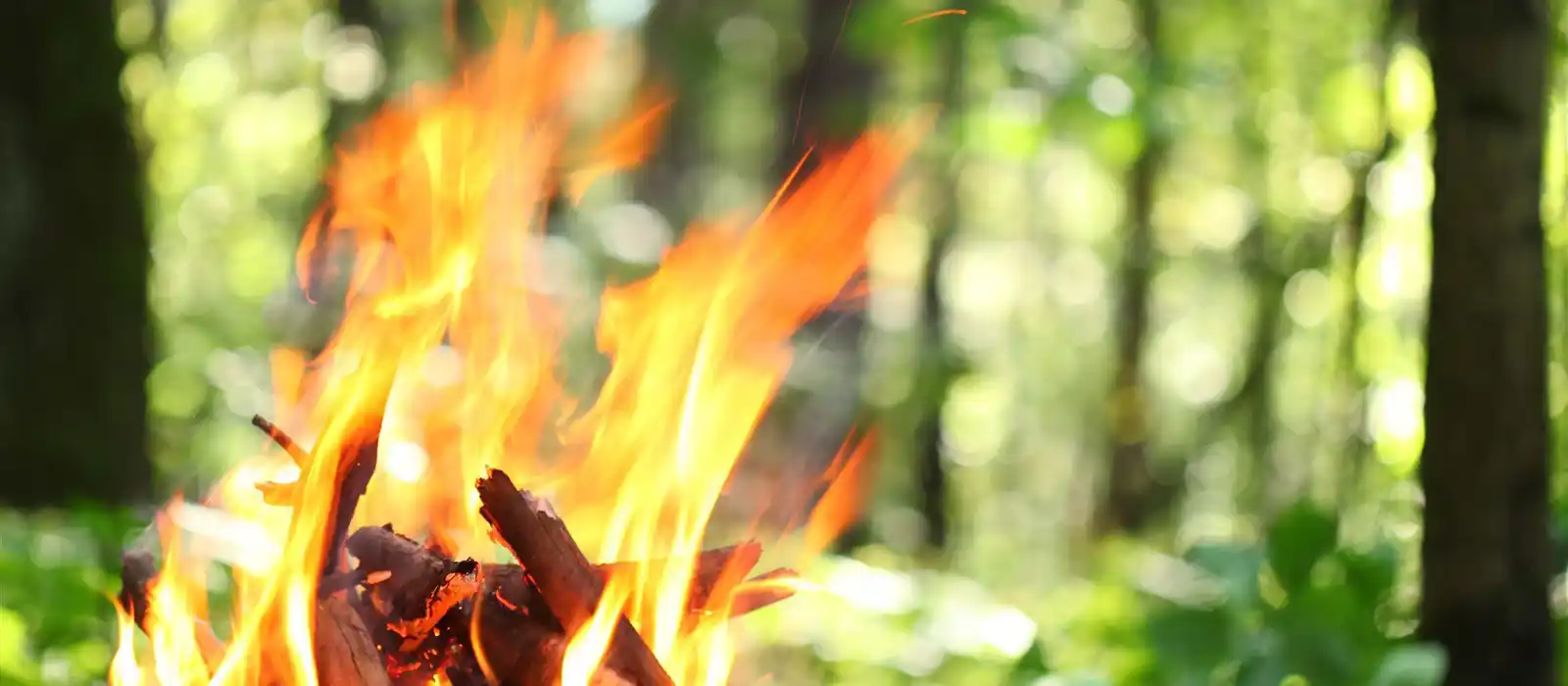
5 myths about wild camping sites debunked
Find a beautiful piece of countryside to call your own for a few days by wild camping! Wild camping is where you camp anywhere you like, be it in a field, next to a river or in a forest. However, there are several myths you should know the truth about before pitching your UK wild camping sites. Read on to learn the myths about wild camping, and pick up some tips on where to go, what to do and what to bring along the way.
Myth #1: You can camp where ever you like!
In England, Wales and Northern Ireland, you need permission from the landowner before you can set up camp on their property. Camping on open land in England and Wales is illegal. You cannot camp on common land, as it may restrict commoners’ animals from grazing on it.
However, in Scotland you can camp anywhere you like as long as you follow the Scottish Outdoor Access Code where you take responsibility for your own actions, respect the interests of other people and care for the environment.
Myth #2: You can definitely wild camp in the national parks and nature reserves
Contrary to the myth that you can wild camp anywhere you like, the only site you can go wild camping legally within England and Wales is Dartmoor National Park in Devon. This national park spans 368 square miles of countryside, including wild walks, horse riding trails and fun cycle routes.
The best place to pitch a tent is away from popular areas, not near any farmland and at least 100 meters away from roads. Try to keep out of sight, so you don’t attract unwanted passers-by. There are designated areas in Dartmoor that are especially for wild camping and you shouldn’t camp on moorland enclosed by walls, on flood plains or archaeological sites.
Don’t pick somewhere too sheltered for you campsite in the summer or upland areas, as there could be more midges there.
You shouldn't camp too close to a river either, because if it rains you might be in trouble. And lastly, check the map before you set off to find the best land to camp on.
Myth #3: I will have to carry everything...including the kitchen sink!
For many would-be campers, the major disadvantages of wild camping include having to carry all the heavy equipment with you. However, there is no need to make the trip harder than it should be!
Helpful equipment to take wild camping is lightweight equipment. Basic kit should include a 45 litre rucksack, a small tent that isn’t too heavy to carry and a sleeping bag. Invest in a camping stove to cook meals on and boil water from rivers to purify it. Dried food is easier to carry than heavy tins of food. You will also need a mat to sleep on under your sleeping bag to keep comfortable at night times.
Myth #4: You don’t have to follow any silly campsite rules
The advantages of wild camping are that you can camp in the beautiful countryside away from organised campsites. You can have the peace and tranquillity without the noise of neighbouring campers or cars.
However, despite having no posted rules from a specific campsite, you should follow this wild camping code of conduct in order to make sure you have the best camping experience without negatively impacting other campers or the environment:
- Leave the site as you found it, taking any litter or equipment with you.
- You should camp in small inconspicuous groups of two or three people and don’t attract too much attention by using a bright tent.
- Don’t light a fire unless you have permission from the landowner, as this could damage the wildlife or attract unwanted attention.
- Don’t litter, as this could damage the environment.
- Stay only for two or three nights and don’t outstay your welcome.
- Don’t urinate or use soap/shampoo products in the clean water in the rivers near to your campsite, as this could damage wildlife.
- Pitch the tent in a sensible place that isn’t too boggy.
- Don’t camp in a popular area, as this could attract more campers and damage the environment.
- Don’t camp near livestock.
- Pitch late and leave early.
- Be considerate to others and not too loud.
Myth #5: Only hardcore campers and backpackers go wild camping
Everyone enjoys getting back in touch with Mother Nature. Give wild camping a try so that you too can explore the scenic areas of the British countryside in peace. Head to Dartmoor National Park in Devon, use common sense, be courteous and don’t believe the myths about wild camping.
Of course, if you're still unsure you can always opt for almost wild camping, choosing the comfort of being on an established campsite but still with the bonus of freedom amongst nature.
Download our list of everything of you need to remember for the perfect camping trip!
DownloadThese ideas for days out, places to visit and other experiences offer something for everyone.
Browse Ideas
